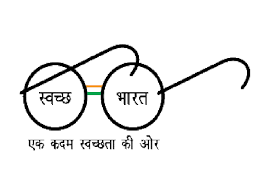Swachh Bharat Mission: Saving Infant Lives through Sanitation
The Swachh Bharat Mission, India's national sanitation campaign, has potentially averted 60,000-70,000 infant deaths annually. A study found that access to toilets under the program is linked to lower mortality rates in children under five. However, challenges persist due to discriminatory practices and coercive measures by local authorities.

- Country:
- India
A recent study has highlighted the life-saving impact of India's Swachh Bharat Mission, potentially averting 60,000-70,000 infant deaths each year through improved sanitation. The study, conducted by the International Food Policy Research Institute, examined data covering 35 states and over 600 districts over 20 years.
Published in Scientific Reports, the research indicates a significant link between increased toilet access and lower mortality rates among children under five. Improving toilet access at the district level by 10 percentage points corresponded to a reduction in infant mortality by 0.9 points and under-five mortality by 1.1 points.
Despite the positive outcomes, the study also revealed persistent inequalities in toilet adoption due to caste and religious discrimination. Additionally, some local authorities have employed coercive measures to meet targets, raising concerns about the campaign's sustainable and equitable implementation.
(With inputs from agencies.)
ALSO READ
Rajnath Singh Urges Youth to Propel India Towards 'Viksit Bharat'
Kohli Misses Century as India Clinches Victory Over New Zealand
Wesley So and Carissa Yip Triumph in Thrilling Tata Steel Chess India Blitz Tournament
India's National Kho Kho Championship 2025-26 Draws Massive Participation
Kohli's Near Century Leads India to Victory Over New Zealand










